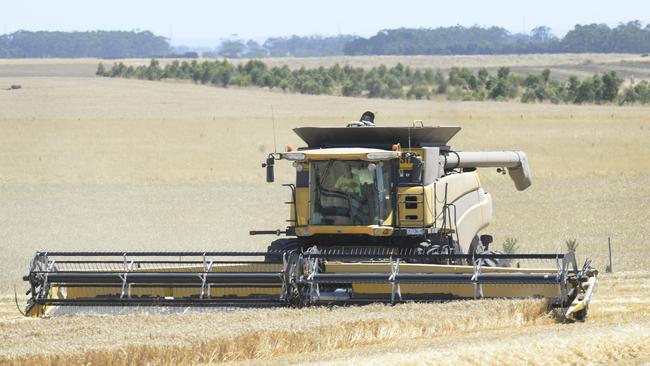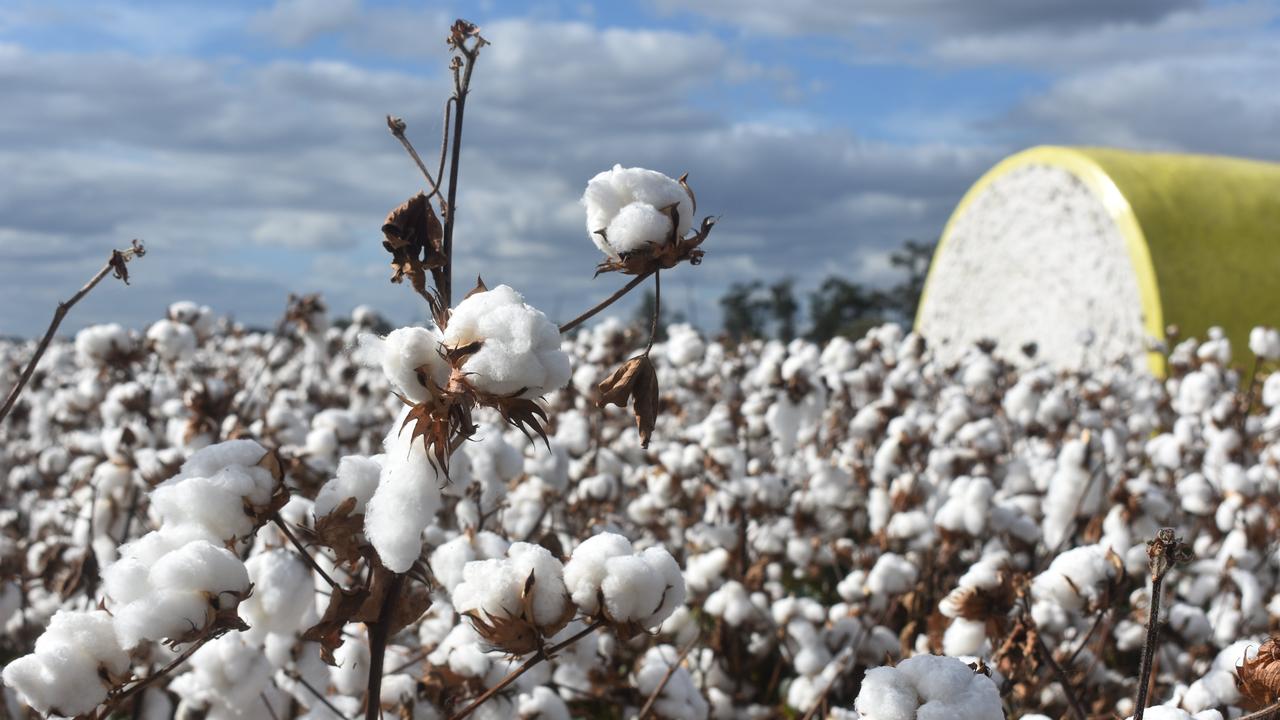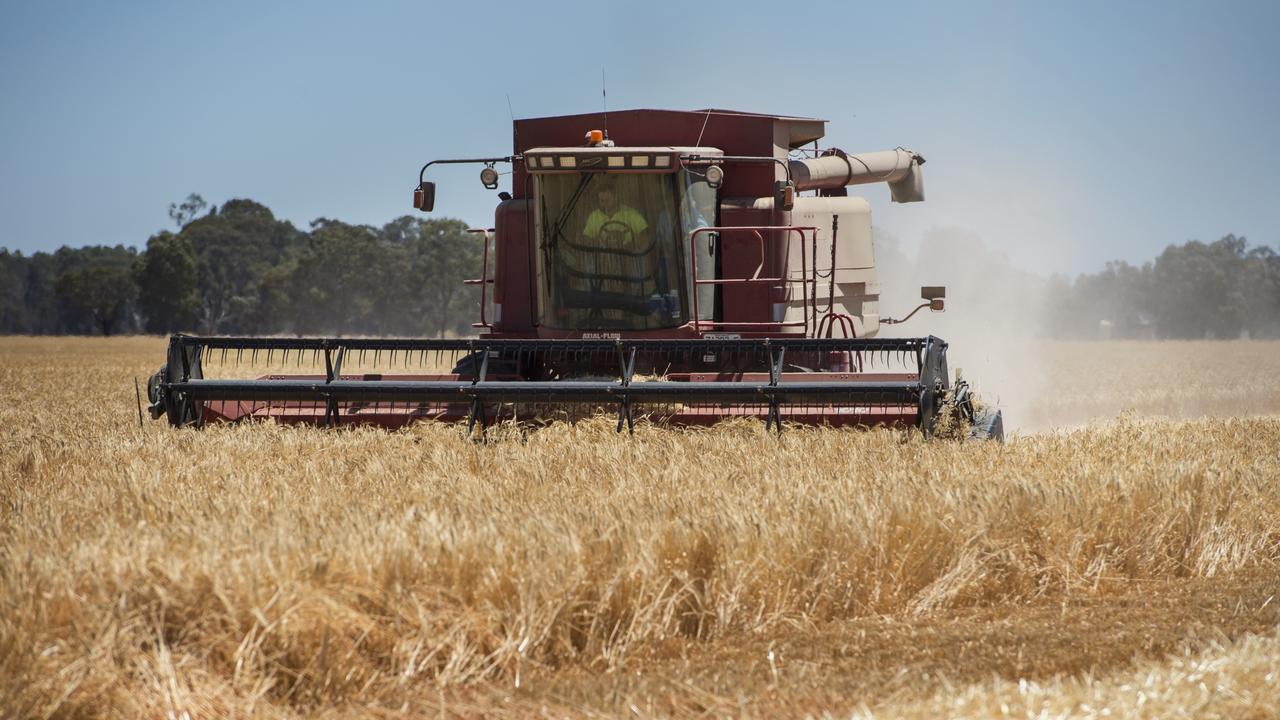Research into barley genetics flags yield boost for growers
Grain growers could be able to tailor sodium levels in barley to suit their growing environments thanks to new research.

RESEARCH into barley genetics has led to a better understanding of sodium levels in the grain, which could result in a yield boost for growers.
An international collaboration between barley scientists at the James Hutton Institute, University of Nottingham, University of Adelaide and the Australian National University, found barley could now be engineered to manage how much sodium it accumulates and where the sodium was placed within the plants.
“About 70 per cent of cereal grain growing areas in Australia are affected by salinity,” Australian National University’s Dr Caitlin Byrt said.
“And some yield losses can be up to half of the yield potential as a result of soil salinity.
“The discovery we’ve made enables us to pursue new lines of research where we can test how differences in sodium concentrations in barley seed, and in different tissues within barley plants influence barley productivity in different environments.”
The research indicated some grain had only 20 parts per million sodium, and some accumulated 1000 parts per million sodium in non-saline conditions.
And with testing in saline conditions, researchers found some seed could accumulate 4000 parts per million sodium.
“The variability was linked to a barley sodium transporter encoding gene,” Dr Byrt said.
“We figured out that there was a key difference in a particular protein residue which caused a loss of capacity to transport sodium and a reduction in capacity to remove sodium from the transpiration stream, leading to elevated concentrations in the shoots and grain.”
However, increased yield achievements were a “complicated” situation, Dr Byrt said, as a little sodium was beneficial, but too much could be harmful.
“It can’t be an all or nothing design trait,” she said.
MORE: PRICE DROP: ‘WORST IS BEHIND US FOR NOW’
Dr Byrt said different traits would be “desirable” depending on if the barley varieties were grown in dry or wet areas, the potassium available in the soil and the level of soil salinity.
“We can now engineer material to further test what sodium management traits in plants are most advantageous in these key types of growing environments,” she said.


